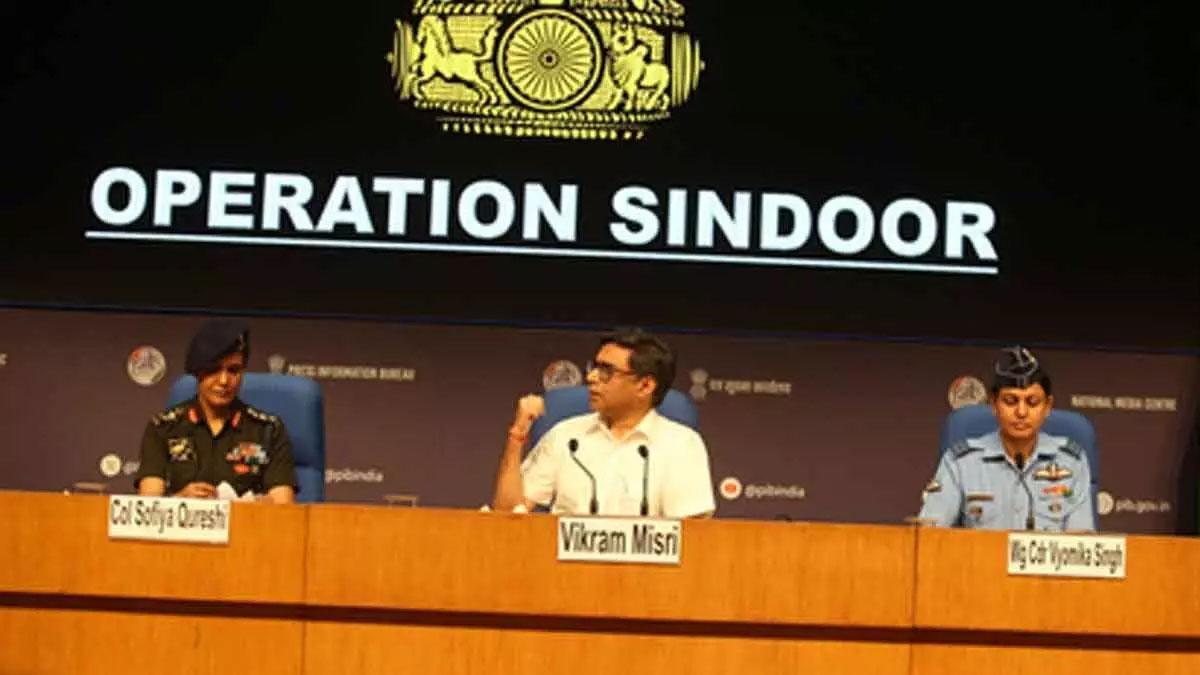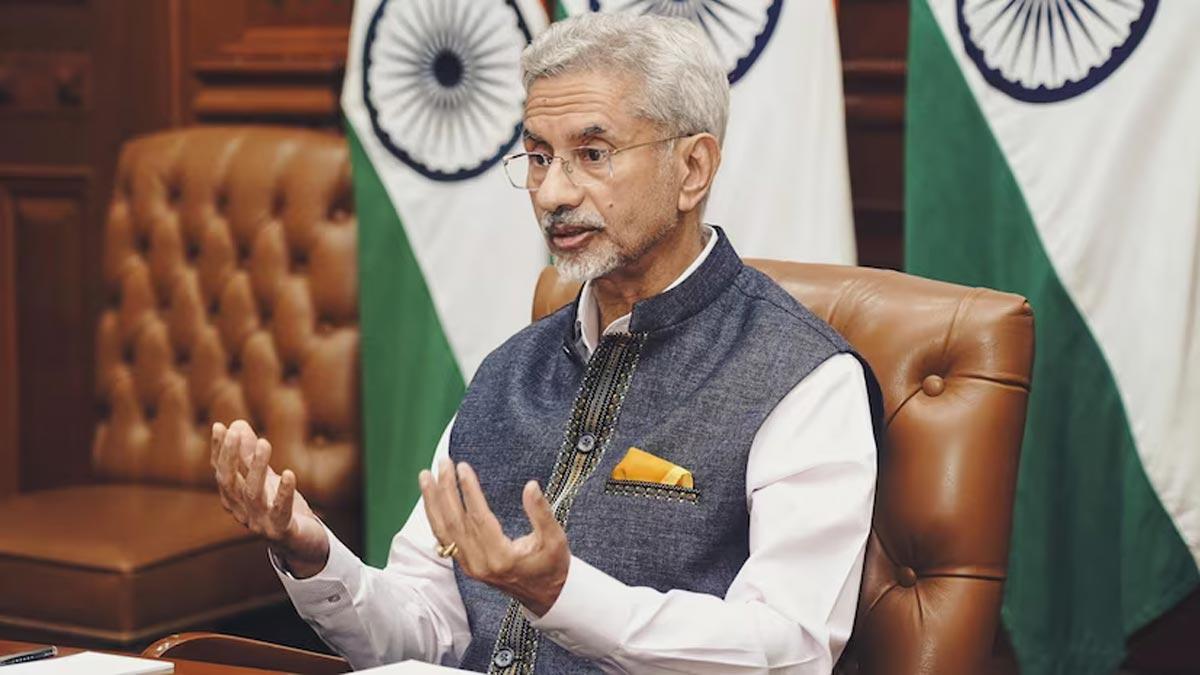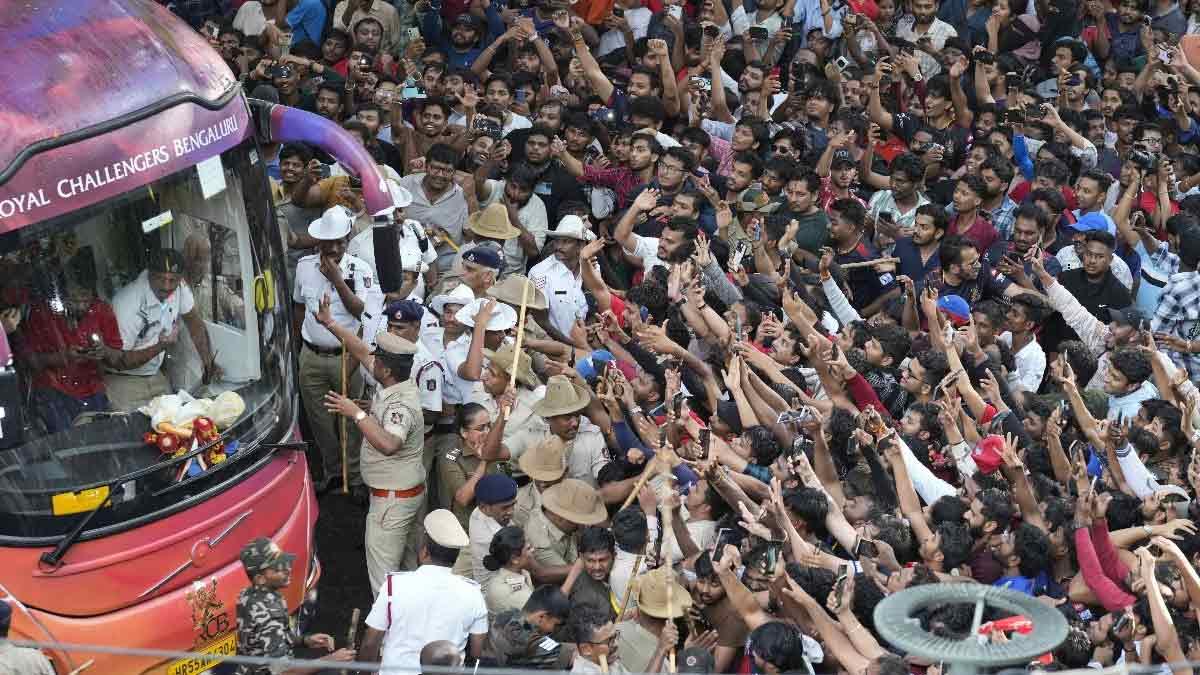Government policy and budgetary assistance over a decade have helped Indian armed forces create a strong air defence network, which proved pivotal in countering recent Pakistani aggression during the counter-terror operation codenamed 'Sindoor'.
This was disclosed by the Director General of Military Operations (DGMO), Lt Gen Rajiv Ghai, in a media briefing conducted on Monday.
Air Marshal A.K. Bharti reassured the public that all military establishments, including airbases, are in perfect condition and ready for operations in the future. He also cleared rumors meant to destroy public confidence.
"Our struggle is with the terrorists and not against Pakistani army or civilians," he declared.
Giving further details, DGMO Rajiv Ghai underlined that India's advanced, layered air defence and anti-drone capabilities were a key security measure against Pakistani air incursions on the evening of May 9–10.
Authorities confirmed that Indian defence systems shot down and destroyed a number of Chinese and Turkish-origin drones, as well as PL-15 missiles, before they were able to enter Indian air space in Operation Sindoor.
Rajiv Ghai also presented visuals of damage inflicted at Pakistan’s Noor Khan airbase, caused by Indian precision strikes, and reiterated that India’s own airfields remain fully operational.
“I want to praise the Border Security Force also, who complemented our efforts by joining our counter-armed response,” he added, acknowledging the coordinated efforts across multiple forces.
There has been total synergy among the three services, and not just have we been aided by the government agencies but also the 140 crore people," he mentioned, pointing out the national joint effort.
Air Marshal Bharti added, "Our battle was against terror, and on May 7, we targeted only terror hotbeds, but the Pakistani Army turned it into its own battle by aiding terrorists."
He designated the integrated air defence (AD) system as an "impregnable shield" that successfully repelled Pakistani efforts, including the use of Unmanned Combat Aerial Vehicles (UCAVs), to penetrate Indian airspace.
He also commended legacy systems and the new Akash missile system for their impressive performance throughout the operation.
Vice Admiral A.N. Pramod described the strategic presence of the Indian Navy, and how its being in the Arabian Sea put pressure on the Pakistani Navy and Air Force to be deterred from entering the naval zone.
Earlier in the day, Prime Minister Narendra Modi chaired a high-level review meeting at his New Delhi residence, where top national security and defence officials attended. Those who attended were Defence Minister Rajnath Singh, External Affairs Minister S. Jaishankar, National Security Adviser Ajit Doval, Chief of Defence Staff General Anil Chauhan, and the chiefs of the Army, Navy, and Air Force—General Upendra Dwivedi, Admiral Dinesh K. Tripathi, and Air Chief Marshal Amar Preet Singh.
Top intelligence officials such as Foreign Secretary Vikram Misri, IB Director Tapan Deka, and RAW chief Ravi Sinha were also present during the briefing.
This high-level meeting occurred only two days after India and Pakistan agreed upon a ceasefire. Under this agreement, both countries' DGMOs are to have direct talks on May 12. The ceasefire is said to be following intense retaliatory air strikes by the Indian Air Force which destroyed 11 Pakistani airbases.
Read also| DGMO: Pakistan Army Suffered 35-40 Casualties in Indian Strikes
Read also| Watch| India's US Envoy Sets CNN Host Straight on Kashmir Comment


















